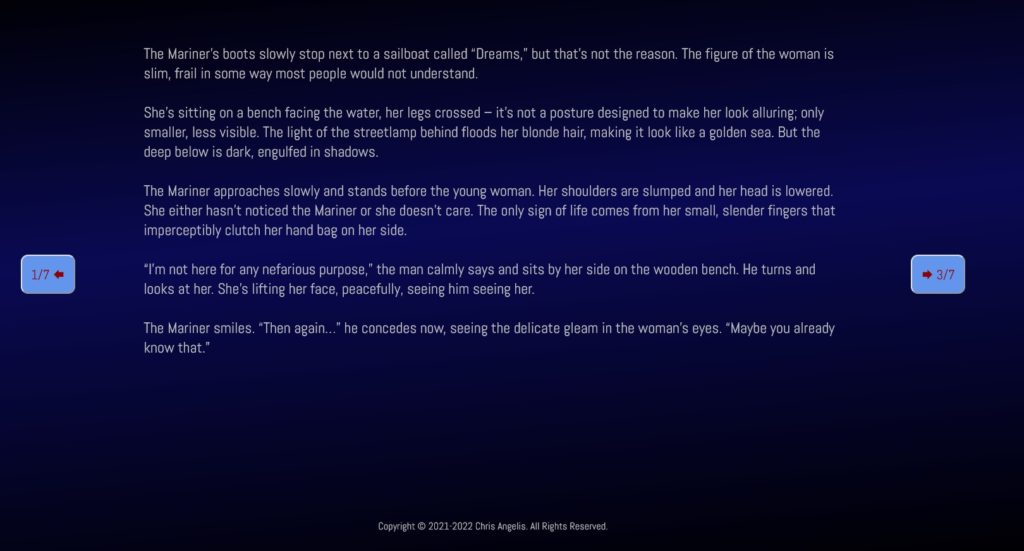The term “sentiment analysis” in the contexts of texts refers to a program (to put it simply) that detects emotions in a text. A typical application is for detecting whether clients are happy or angry, but large-scale analysis – for instance, analyzing tweets – can also give a sense of public opinion on a matter. I’m not interested in any of that. Instead, I wanted to experiment with fiction sentiment analysis.
What kind of applications could it have? How difficult is it to implement?
That’s what we’ll be looking at in this post. Though I’ll offer you details and links along the way, I’ll also keep it accessible to a lay audience. Whether you’re a beginner/intermediate programmer looking for ideas, or simply someone interested in seeing the possibilities, there’s something here that will interest you.
Sneak preview: I’ll also share with you a link to my program, so that you can perform a fiction sentiment analysis on your novel or short story!


